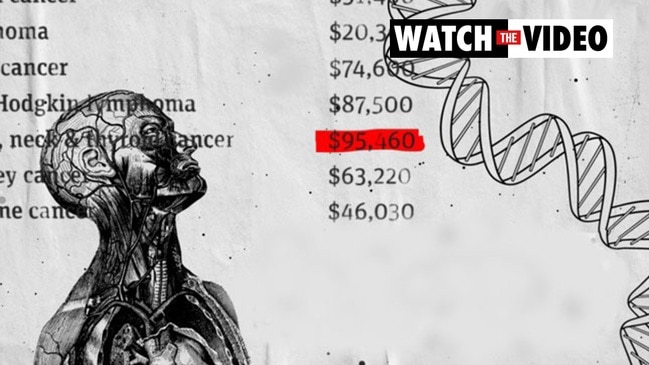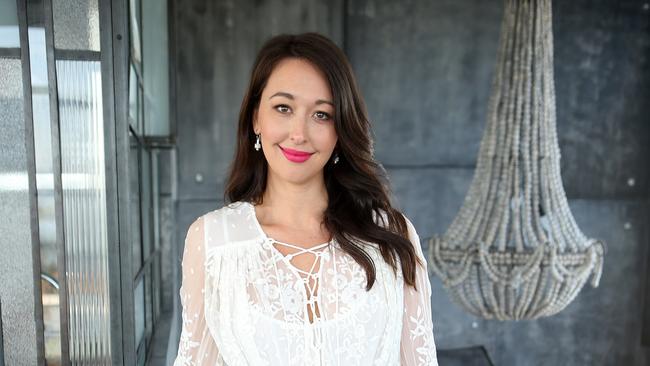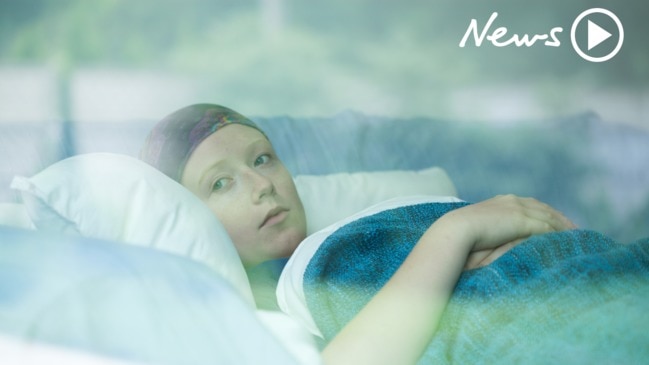Shocking drop in breast cancer diagnoses over pandemic period
Breast cancer surgeons are reporting a 40 per cent drop in breast cancer diagnoses over the pandemic months, sparking a warning that thousands of Queensland women are unaware they are living with the disease.

QLD News
Don't miss out on the headlines from QLD News. Followed categories will be added to My News.
BREAST cancer surgeons are reporting a 40 per cent drop in breast cancer diagnoses over the pandemic months, sparking a warning that thousands are unaware they are living with the disease and the delayed detection will lead to more deaths than COVID-19.
Pink Hope, an organisation that supports women at risk of breast and ovarian cancer, reports that there has been a 30 per cent drop in referrals to cancer specialists as fewer people are seeing GPs about any concerns.
A backlog of preventative surgeries and suspended screenings have all added to the problem.
Specialist oncoplastic breast cancer surgeon Dr Jane O’Brien said there had been approximately a 40 per cent decline in breast cancer diagnoses over the last few months.
It is predicted that 8000 Australians with breast cancer and 450 with ovarian cancer are living with undetected disease.
“It is important for people to keep up with their cancer screening, especially for those at high risk, even if face-to-face clinical consultations with their specialists may have been suspended during the pandemic,” Dr O’Brien said.

“Approximately 60 per cent of breast cancers occur in the screening age of 50 to 74 years and this typically accounts for almost half of all breast cancer diagnoses. However, since COVID-19 there will have been 30 per cent fewer cancers diagnosed in that age group due to suspended screening. This does not include the women who are screened because they are symptomatic, meaning that statistic is quite conservative,” she said.
The specialist said many women have had their preventive surgery unavoidably postponed because of the government restrictions on non-urgent or non-emergency surgery.
“The backlog created, particularly within the public health sector, where often there is already a wait of 18 months or more for some forms of preventive surgery, is likely to be significant, even as restrictions are being progressively relaxed. However, there are sometimes other options available to them,” she said.

Pink Hope CEO and founder Krystal Barter said the community hub had been filled with women helping each other navigate COVID-19 and what it means for them and their loved ones.
“The search for information for women who are or may be affected by breast and ovarian cancer can be long, isolating and confusing. You can only imagine the additional stress the last few months have had on these women,” she said.
Ms Barter said delayed diagnoses and treatment could be devastating for women at high-risk for, or in the early stages of, breast and ovarian cancer.


